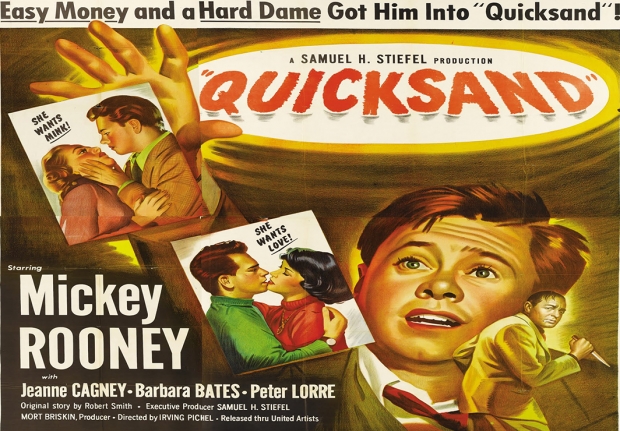Beancounters at Digitimes Research have been adding up the numbers and dividing by their shoe size and have calculated that iPhone shipments are likely to drop 5.2-10.1 per cent on year in the first quarter of 2016 as sales of iPhone 6s and 6s Plus both performed weaker than expected.
The decline rate of iPhone sales in the first quarter of 2016 will be significantly lower than orders to OEM iPhone makers and component suppliers for the quarter, Digitimes Research warned.
The Tame Apple Press has tended to focus on the annual growth rate of over 50% from the fourth quarter of 2014 to the second quarter of 2015 after Apple launched its iPhone 6/6 Plus in late September 2014.
But on-year growth slowed to 36 per cent in the third quarter of 2015, sales of iPhone products accounted for over 60 per cent of Apple's total revenues for four consecutive quarters through the quarter.
Digitimes Research thinks the reason for the slowdown was the fact that the iPhone 6 had a bigger screen which attracted high interest among consumers. This boosted the sales figures. However the iPhone 6s had nothing new or compelling so users gave it a miss.
Combined iPhone shipments for the fourth quarter of 2015 and the first quarter of 2016 are likely to lie within a range of 5 per cent up or down as compared to combined shipments the same period of a year earlier, Digitimes Research estimated.
But Digitimes Research found that there was a significant gap between the production volume of iPhone 6s/6s Plus by OEM suppliers and the sales volume of these devices by Apple for the third quarter of 2015 (Apple's fiscal fourth quarter of 2015).
This means that 13-15 million iPhone 6s devices will be booked as deferred sales by Apple for the fourth quarter of 2015 (Apple's fiscal first-quarter 2016).
Digitimes Research thinks that deferred sales booking will continue in the first quarter of 2016, widening the gap between end-market sales and orders to OEM suppliers for the quarter.
Shares in Apple are dropping below $100 for the first time as the downturn in the smartphone market catches up with Jobs’ Mob. While its rival Samsung has suffered from the same problems, the company has more products and is less dependent on one or two like Jobs’ Mob.




